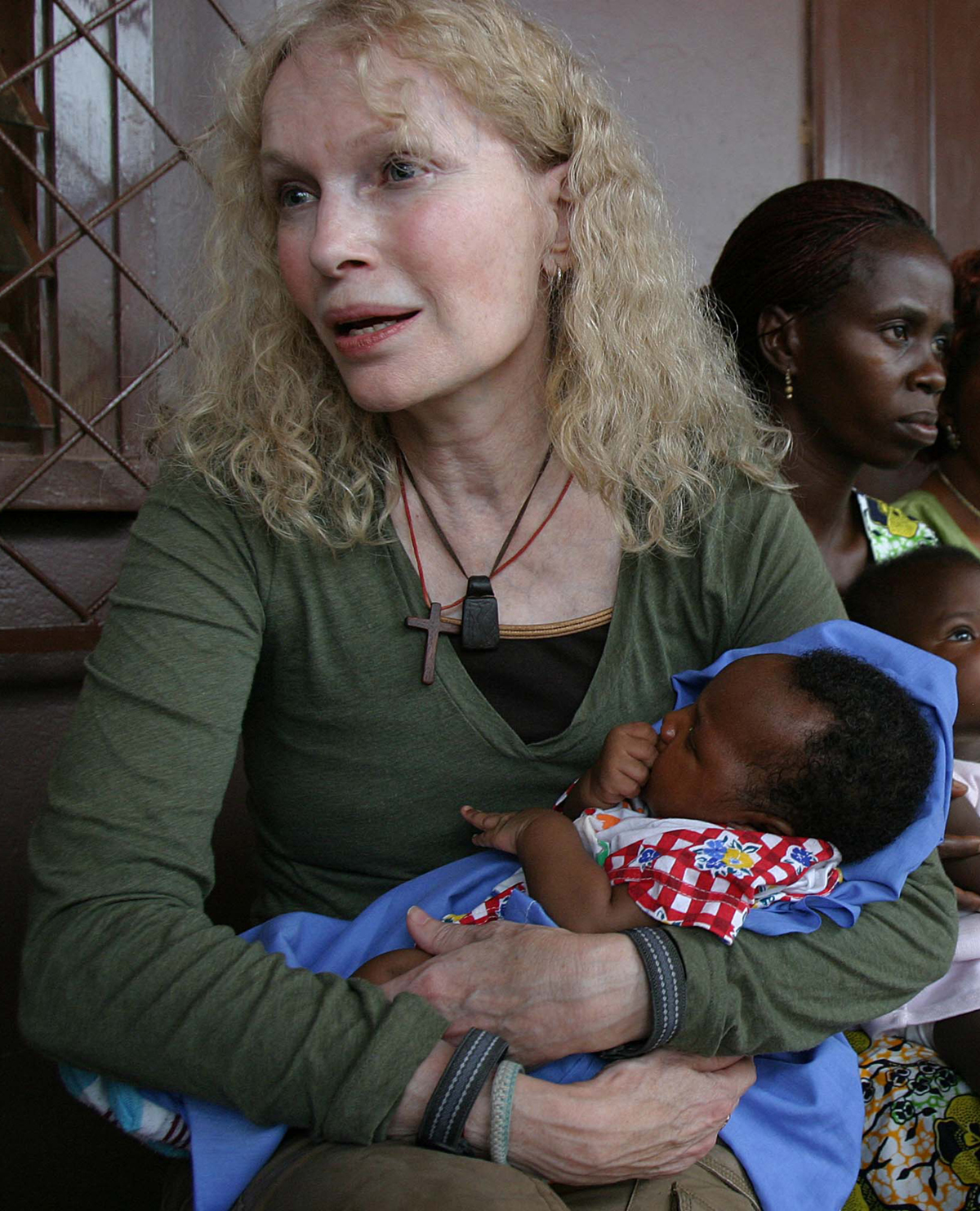
The immune system of a baby is not fully developed. This is why babies are more exposed to any kind of illnesses.
At a specific point in time, there are more than two hundred kinds of viruses that can cause cold. A child can develop immunity to only one at a time. In order to be immune to all of cold viruses, a baby would have to get all of them first.
A growing baby explores its surroundings, touches and licks everything. This is an excellent way to pick up all available viruses. Babies also put their hands and fingers into their mouths and noses and rub their eyes. This enables viruses to enter the body and start working.
Fall and winter months are a more critical time of the year concerning viruses. This is because the cold air outside, as well as indoor heating dry out the nasal membranes, making it easier for viruses to develop. Also, viruses can spread much more effectively among groups of people that are indoors all the time.
Children usually have between six and ten colds during one year. If they are in school or any kind of daycare, this number goes up to an average of twelve colds per year. In comparison, adults have about two or three colds per year.
It is sometimes difficult to determine weather a baby has a cold, or the flu, an allergy, or some other illness.
A runny nose with clear mucus, perhaps a low fever or a cough, should indicate a cold, especially if the mucus thickens and turns gray, green or yellow during the next week.
In case of fever, it is important to note the way a baby acts when the fever calms down. If the baby acts ill even after the temperature decreases, it indicates something more serious than a cold.
Flu (as well as some other illnesses) tends to start more suddenly, sometimes followed by vomiting or diarrhea. If coughing or congestion starts before the fever, the child probably has a cold.
An itchy, runny nose and itchy watery eyes and sneezing attacks usually mean that an allergy is present. In cases of allergies, the mucus remains clear, it does not start to thicken or change color after some time. Allergies do not cause fevers. Also, they are more frequent in the spring, summer or early fall.
Viruses cannot go away faster by using any kind of medication. The thing that can be done is to help the baby feel better. It is also possible to stop the infection getting worse.
It is important that a baby gets a lot of rest, as well as plenty of liquids. This means formula or breast milk for babies under four months. Older babies may be able to drink water. Six-month-old babies and older can drink water and juices.
In order to clear a baby\'s nose, there are a few tricks that can be used.
A few drops of over-the-counter saline (salt water) should be used a couple of minutes before sucking it out with the appropriate nose pump or syringe.
This should be done about fifteen minutes before breastfeeding. Petroleum jelly put on the outer sides of the nostrils should help against irritation.Nasal sprays are not recommended to be used on babies.
Moistening the air in the baby\'s room with a cool-mist vaporizer or a humidifier is recommended. A warm bath, or sitting with the baby in a steamy room may also help.
The head area of baby\'s mattress should be moderately elevated by placing a few towels under it. This should not be done with pillows to make sure that the baby does suffocating. Also, nothing should be put under the legs of the crib because this could destabilize it.






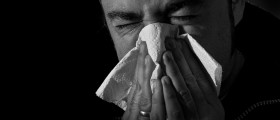

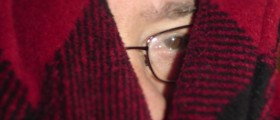

-Help-Treat-Your-Cold-Or-Flu_f_280x120.jpg)
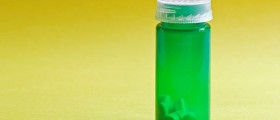
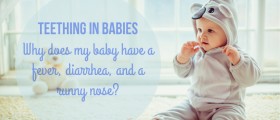
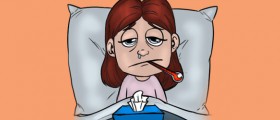

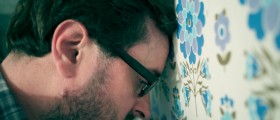
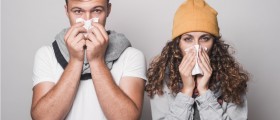
Your thoughts on this
Loading...